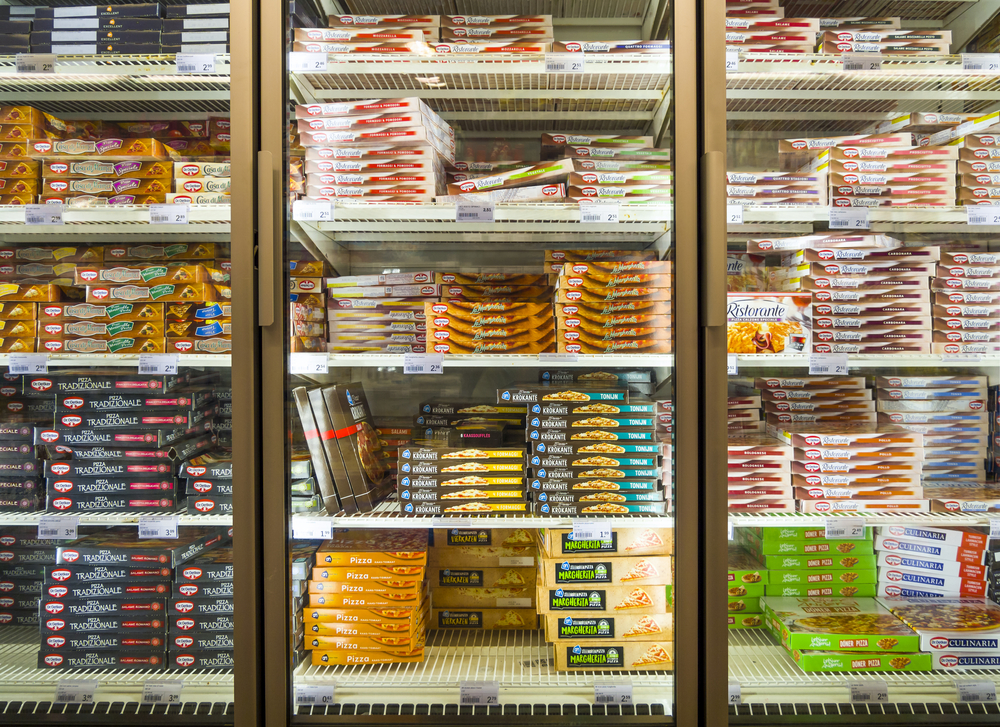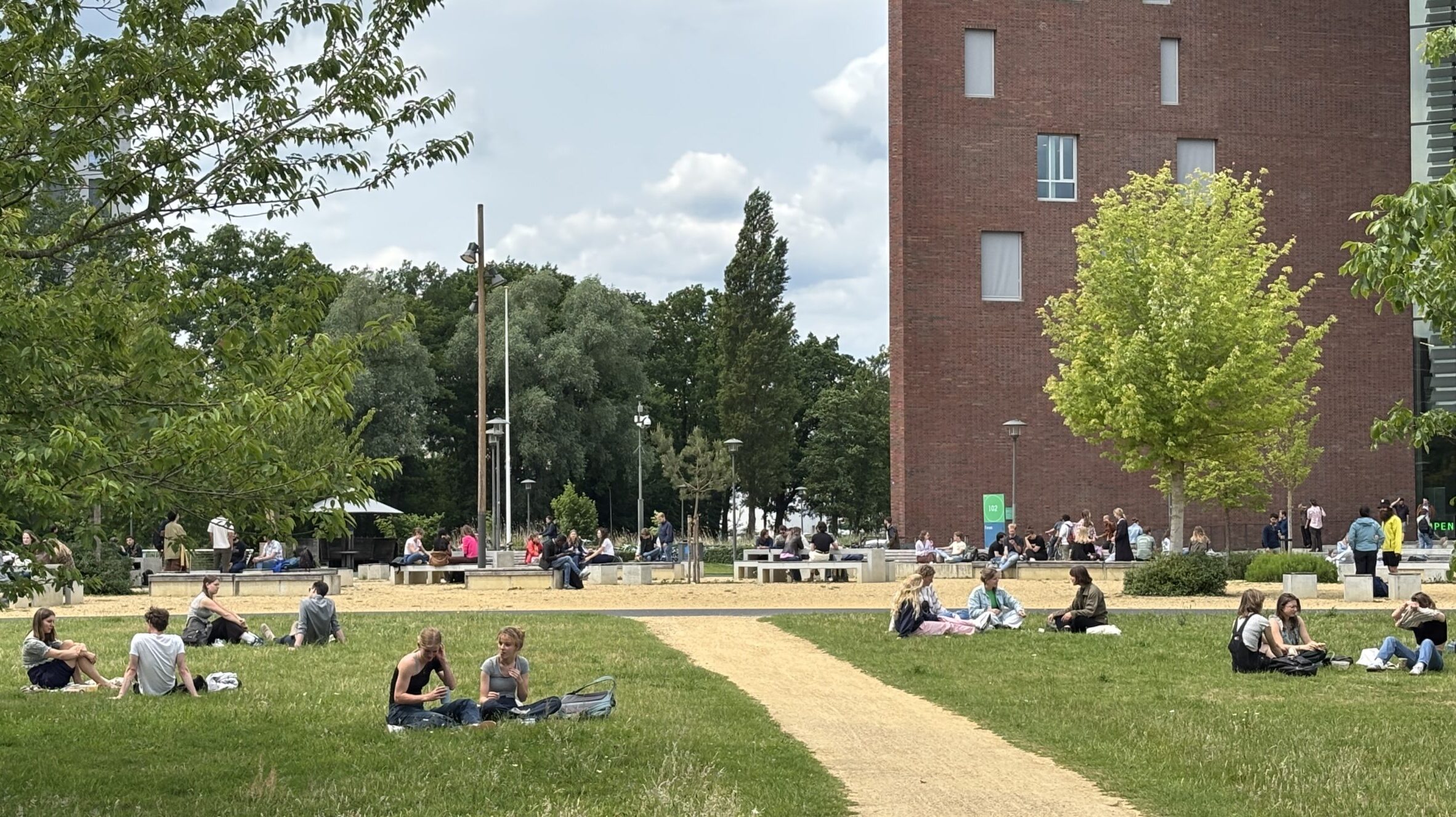People on a limited income are more likely to choose unhealthy and processed foods. This is not always a conscious choice, according to new research from WUR. Financial stress, food availability and learned eating habits put poorer population groups at a disadvantage by definition.
Scientists set out to investigate why it is so difficult for people with little money to eat healthily and how this situation can be improved. It is not a question of unwillingness, it turns out. ‘It is a complex system’, says postdoctoral researcher Sanne Djojosoeparto (Consumption and Healthy Lifestyle).
‘It starts with the food supply. In neighbourhoods with a lower socio-economic status, the supply of unhealthy food is greater than in wealthier neighbourhoods.’ There are more fast food outlets, for example. And supermarkets offer few healthy alternatives. ‘In supermarkets, unhealthy food accounts for 80 per cent of the supply,’ says Djojosoeparto. Healthy alternatives are also more expensive.
Not just money
But it’s not just about money. Poverty often causes people constant stress, which affects their ability to think clearly. ‘It then becomes a real challenge to plan a healthy meal, do the shopping and then cook it’, observes Djojosoeparto. As a result, people in this situation are more likely to opt for unhealthy convenience foods.
I would like to see the national government ensure that healthy food becomes cheaper and unhealthy food more expensive.
Sanne Djojosoeparto
Finally, the immediate social environment also plays an important role. People who grow up with poor eating habits are more likely to eat unhealthily themselves, especially if their friends, acquaintances and family do the same. And those poor eating habits lead to health problems.
The problem affects large groups of Dutch people. In our country, approximately 500,000 people live below the poverty line and another 1.2 million live around the minimum wage. According to Statistics Netherlands (CBS), obesity and type 2 diabetes are more common among groups with low incomes than among higher income groups, as has been shown before. A healthy diet is crucial to improving health, the CBS concluded.
No easy solution
However, change is easier said than done. “The government, the food industry, social workers and the people themselves all have a role to play in improving eating habits”, says Djojosoeparto. She would like to see the national government ensure that healthy food becomes cheaper and unhealthy food more expensive. But a zero VAT rate on fruit and vegetables did not ultimately come about.
Despite promising statements, the food industry continues to focus primarily on unhealthy food, the researchers note. This is where the profits are. However, it could still help if municipalities were given the authority to prevent the arrival of fast food outlets, for example.
There needs to be more understanding among social workers and others about how scarcity affects people. This will enable people to be better guided and helped. And neighbourhood initiatives can encourage residents to cook more healthily. ‘What we hear is that residents want to be involved. It should not be about them, but with them’, says Djojosoeparto. This can also create more support for solutions.
This article was previously published in De Gelderlander/Peet Vogels.
Translated with DeepL.com

 A frozen pizza from a store brand is often cheaper than a freshly cooked meal with vegetables. It is also easier to prepare. Photo Shutterstock
A frozen pizza from a store brand is often cheaper than a freshly cooked meal with vegetables. It is also easier to prepare. Photo Shutterstock 

